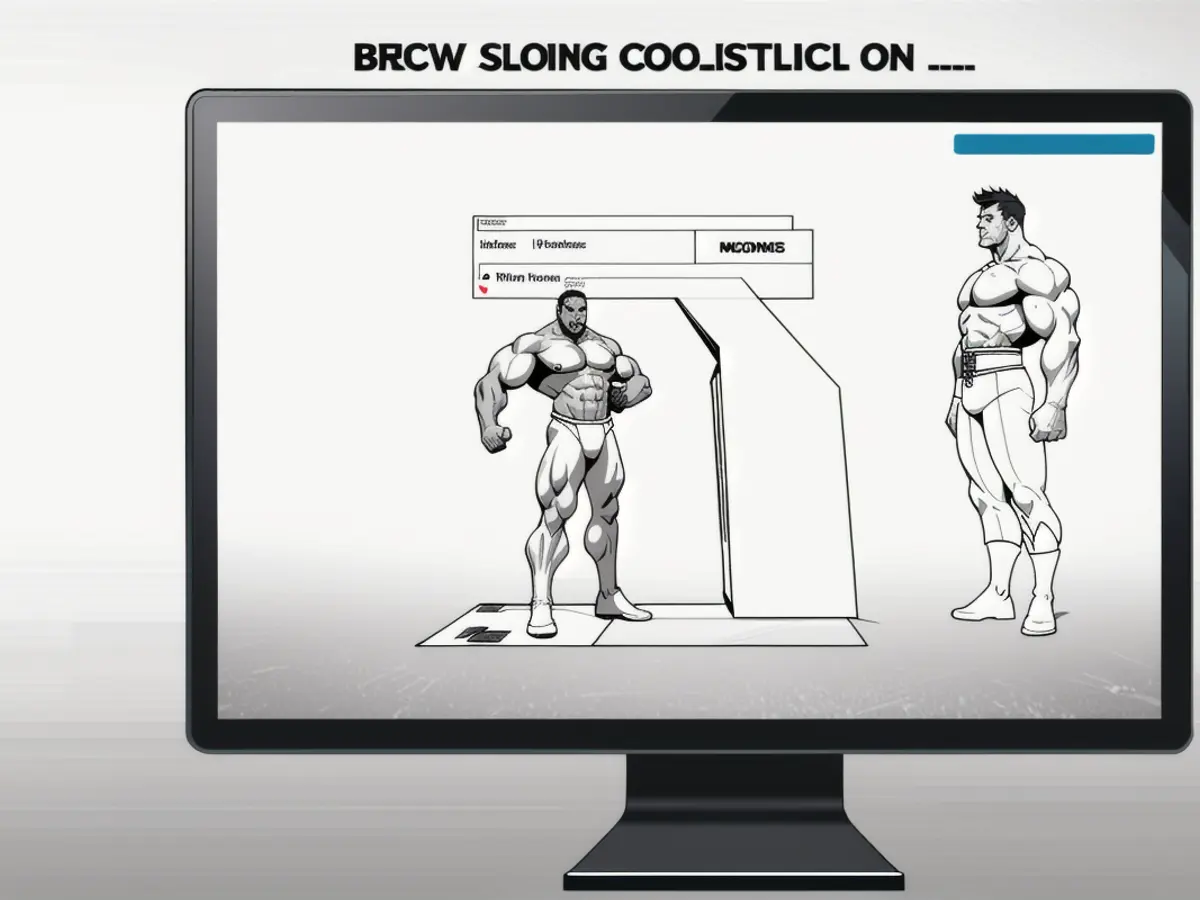Title: CES 2025: Pioneering Agritech and AI in Sustainable Agriculture
In the agricultural landscape, an innovative wave is sweeping across the globe, particularly evident at CES 2025. This transformation is led by countries like South Korea, which is spearheading efforts to make farming more appealing to younger generations by integrating AI into modern farming methods. At CES, South Korea is showcasing its leadership in the agritech movement, particularly in the application of AI to optimize crop growth.
One such innovative company is Airfarm, a CES Innovation Award honoree for two years running. Airfarm, a Korean company heralded by the name Midbar (meaning 'desert' in Hebrew), is an inflatable and aeroponic indoor farm achieving a 90% reduction in water usage compared to other vertical farms. Airfarm's AI vision system collects data to control environmental variables, enabling growth in regions and seasons otherwise impossible.

Another groundbreaking innovation in South Korea is Urban Ponics, which mimics the mist of rainforest canopies with its "mist ponics" system, sourcing essential minerals from Great Salt Lake and eliminating sodium chloride. Urban Ponics' aim is to support farmers in arid and humid environments like deserts and tropical areas where natural sunlight aids growth, reducing energy consumption.

Rowain's Intellifarm, an AI-driven farm system, grows food from seed to consumption in just 30-days, currently specializing in lettuce. Using hydroponics in a vertical farming system, the AI system provides precise control over lighting, temperature, CO2 levels, and nutrient distribution, resulting in fewer food waste and labor shortages.

In Turkey, Nanomik's biocapsulation technology improves pesticide efficiency using nanoparticles, providing up to 30% increased effectiveness compared to biopesticides without biocapsulation. This sustainable pesticide reduces contamination risk and food waste due to recall.

Lastly, Farm Fleet is revolutionizing crop management by offering drone-based pesticide spraying services. With over 95% efficacy and minimal environmental consequences, this service saves farmers time, resources, and money. Farm Fleet's drones, equipped with advanced AI systems, accurately detect and spray pesticides in targeted plant areas, reducing exposure to humans and pollinators.

In conclusion, AI-integrated farming is revolutionizing the agricultural sector, enhancing crop health, optimizing resource use, predicting yields, and reducing environmental impact. These innovations are key elements in providing sustainable food production and harnessing the potential of controlled environment agriculture, making agriculture more appealing and accessible to younger generations.
- South Korea's lead in the agritech movement at CES 2025 extends to the use of AI in hydroponic vertical farming, as demonstrated by companies like Airfarm and Rowain's Intellifarm.
- The application of AI in farming, such as in Airfarm's vision system and Rowain's Intellifarm, provides precise control over environmental variables, enabling growth in regions and seasons otherwise inhospitable.
- Innovations like Urban Ponics and Nanomik's biocapsulation technology underscore South Korea and Turkey's commitment to sustainable agriculture, reducing water usage and contamination risks respectively.
- The integration of AI and automation in farming, as shown by Airfarm and Farm Fleet, also addresses labor shortages and increases efficiency while minimizing environmental impact.
- CES 2025 serves as a platform to showcase these innovations, furthering the global shift towards sustainable agriculture and cementing AI as a game-changer in the agritech movement.






